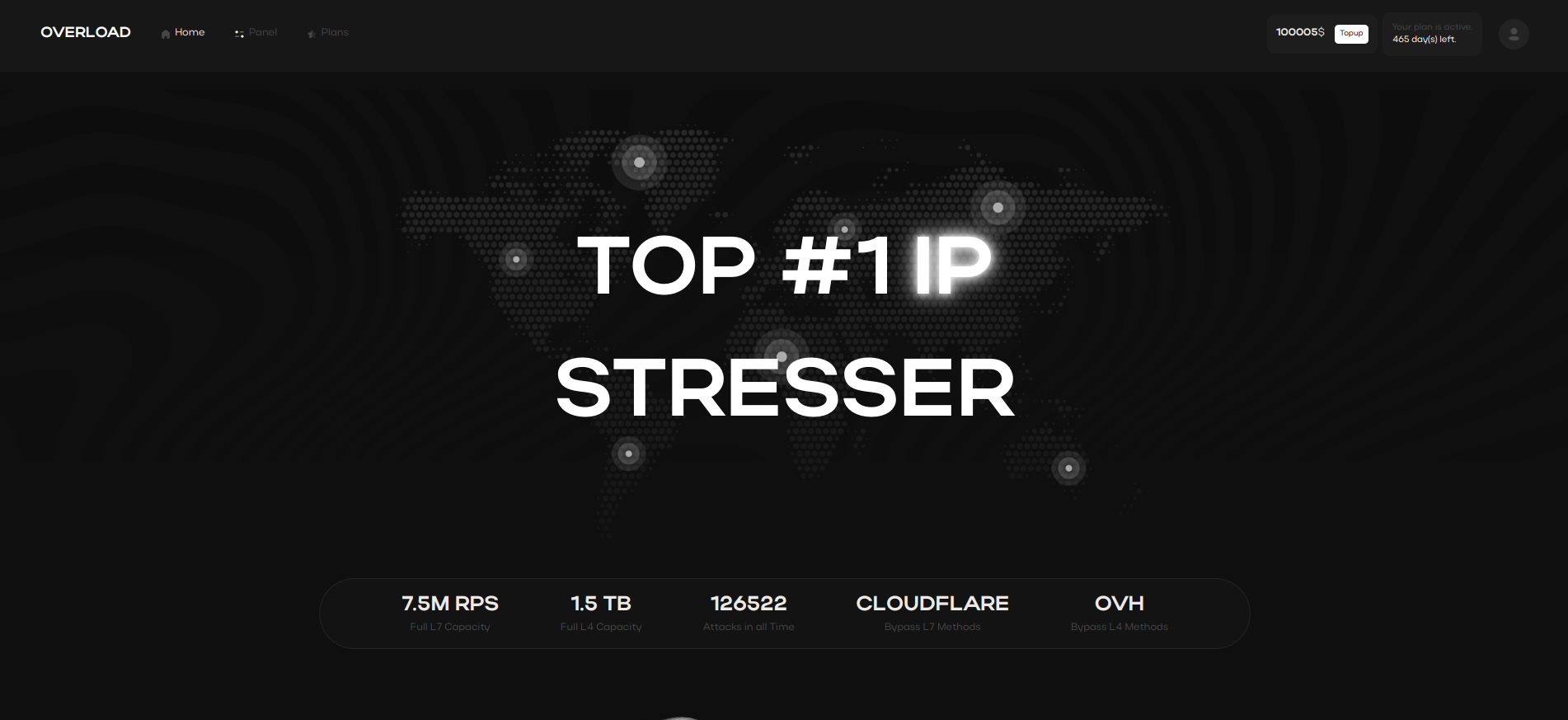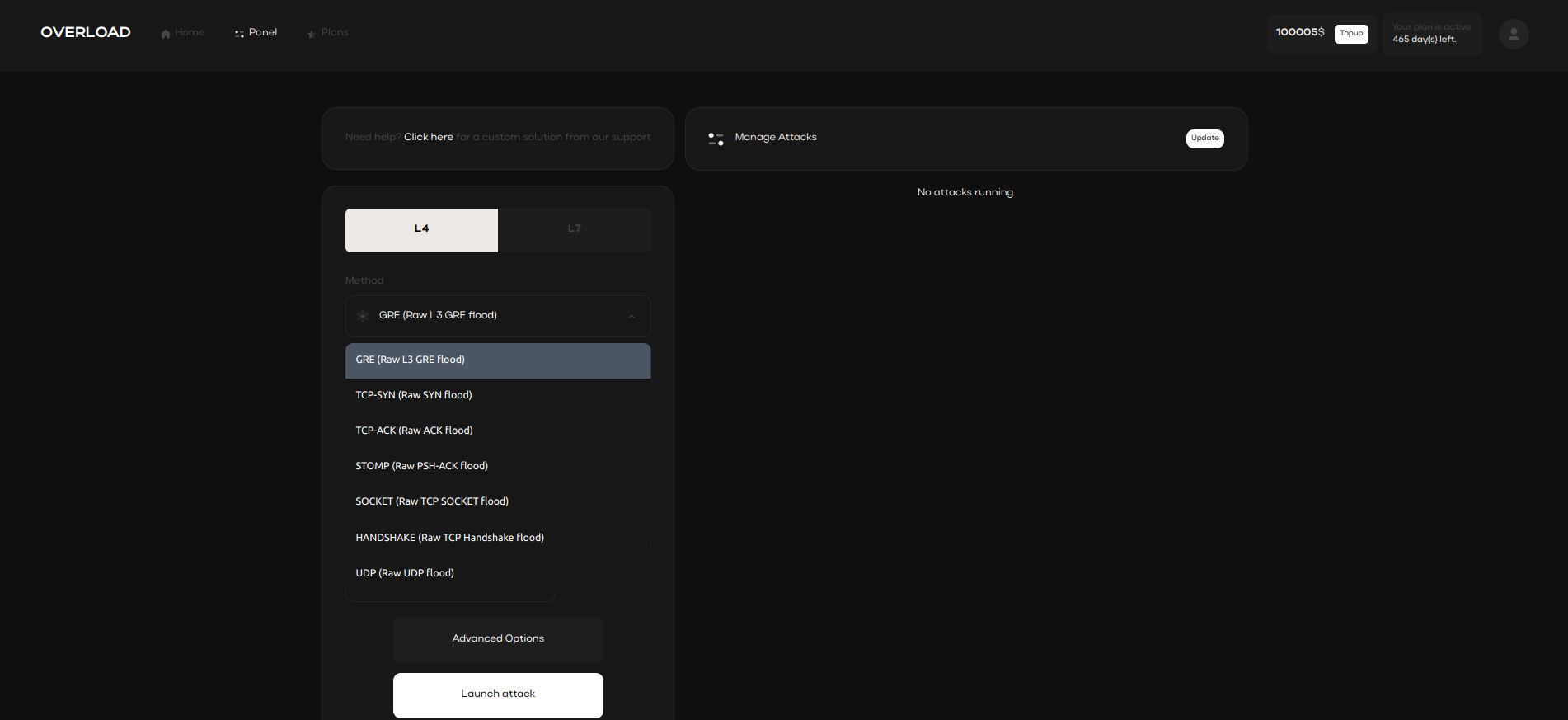Table of Contents
- Understanding DDoS Attacks
- Layer 7 Stress Testing
- What is a Stresser?
- IP Spoofing and Layer 4 Attacks
- Amplification Methods in Stresser Services
Understanding DDoS Attacks

DDoS attacks are a significant threat to online operations, causing service disruptions
and financial losses. Understanding their mechanisms can help businesses mitigate risks and strengthen security protocols.
Layer 7 Stress Testing

Through simulated traffic loads, Layer 7 testing ensures system stability
and identifies areas for performance improvement.
What is a Stresser?

Stresser tools provide a reliable method for
testing server capacities
under peak stress scenarios. These tools allow organizations to proactively prepare
for cyber threats by revealing infrastructure weaknesses.
IP Spoofing and Layer 4 Attacks

Stresser tools with IP spoofing capabilities obscure the attacker’s identity,
preventing detection and enabling secure, concealed testing. IP spoofing aids in masking attack origins,
adding a layer of anonymity during cyber evaluations.
Amplification Methods in Stresser Services

DNS-based amplification is a widely used
technique in stress testing, especially for large servers. It maximizes attack efficiency
while increasing traffic load, challenging network stability in a controlled environment.
- DNS reflection method
- NTP amplification
- CLDAP amplification
best ip booter
booting site
stresser server
botnet ddos attack tutorial
nightmare stresser
ip stressers
vac stresser
stresser st
ip address ddos attack
stresser cat
ddos me
network booter
stresser ai
ddos buy
stresser l7
meris ddos botnet
ddos machine
ddos tester
ddos botnet buy
ddos panel
ddos site
gatekeeper ddos
